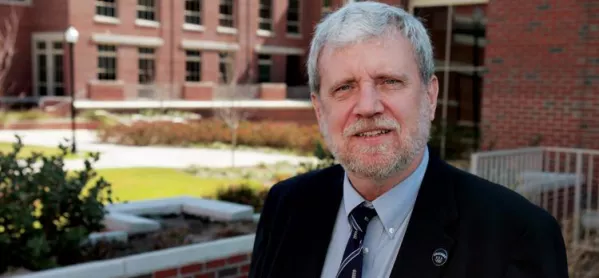Anders Ericsson, professor of psychology at Florida State University and the academic behind deliberate practice theory, thinks we don’t give students enough input into the construction of their learning.
“Trying to push students to practise for longer than they are able to concentrate is [counterproductive],” he explains. “The student needs to be more in control of the practice, so they can control how long they practise for, for example.”
Ericsson was brought to many teachers’ attention as a result of Malcolm Gladwell’s book Outliers, but the academic has frequently said Gladwell’s famous “10,000” hours rule was not representative of his research.
Instead, Ericsson has focussed relentlessly on the conditions of teaching or guidance that can help students reach high-performance - resulting in the theory of deliberate practice.
This is fundamentally about the essential role of “immediate” feedback.
“The teacher needs to see what is it that the student can change - identifying one or possibly two things is OK, any more than that then you are not actually allowing for deliberate practice, which ideally is changing one particular aspect at a time,” he explains.
In the Tes Podagogy podcast, he talks at length about what deliberate practice should look like, his efforts to better understand the motivations of students and a potential project with the academic behind “grit”, Angela Duckworth, looking at what makes a great teacher.
You can listen for free by downloading the podcast from iTunes or listening below.
NOTE: there is some slight clipping of the sound on this interview due to a technical issue, it should not spoil your enjoyment of the interview




